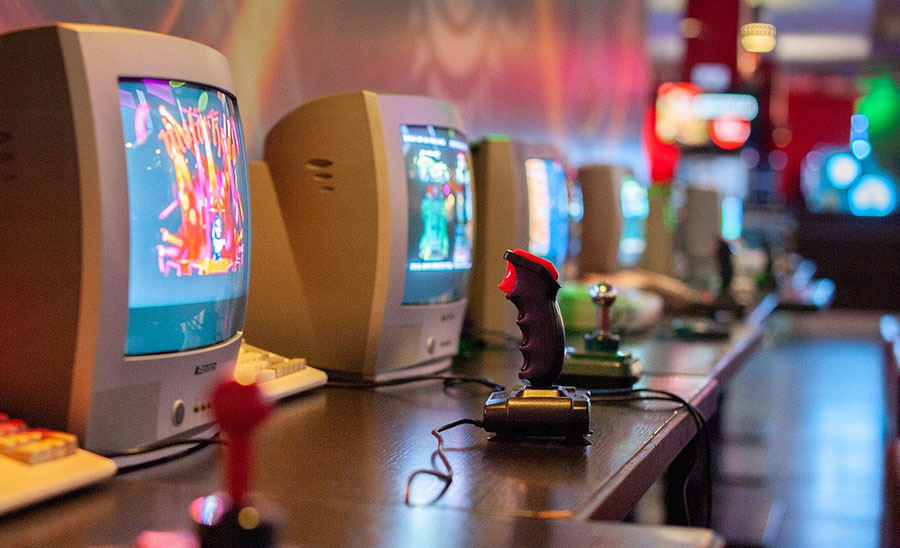One of the most important emotions that fuels the video game industry is a surprising one: nostalgia, according to Kotaku.com. Retro gaming uses the evocations that come with nostalgia to provide gamers with the kind of experiences that remind them of their past. The power of nostalgia has allowed gamers who fell in love with the PlayStation, the Sega Mega Drive, and the Nintendo 64 to continue to be catered for all these decades later. How can nostalgia be used to keep the video games industry alive, introduce new fans and still keep the original ones?
Keeping the Classics Alive: From Crash to Spyro
Remastering older games – such as Crash Bandicoot and Spyro the Dragon – is one of the cleverest tricks used by games developers. This not only helps new fans engage with older games in a way they feel more comfortable with i.e. the graphics are up to their standard, but it also caters for those who have remained loyal to the franchises since their debuts. This means that games developers know that there is an audience ready to purchase, play, and share these games. Upcoming remasters include Destroy All Humans, Doom 64, Resident Evil 3, and Final Fantasy VII according to GamePressure.com.
Old Games, New Technology: From Gambling to Mobile Gaming
Another aspect of using nostalgia to power the gaming industry comes from using old or established games and bringing them to life with new technologies. For instance, mobile gaming gave us Pokémon Go, which originally launched on the Game Boy back in the late 1990s. Fans of the franchise were able to connect with the game they love in a way that incorporates the modern technology of AR gaming on mobile. According to BestCanadaCasino.ca, there are many slot games that take advantage of the nostalgia that might be felt around them, such as the Guns N Roses slot that is inspired by the band and their iconography. These range of games could sway people in the competitive market.

Old Gaming Styles: From Arcades to Emulators
Nostalgia can also work when it comes to the type of gaming that is done. In that sometimes gamers are encouraged to go right back to their roots and play the games they loved in the past as they would have in the past. There has been a rise in popularity for arcade gaming with many bars and venues using them as a way to attract customers. Moreover, emulators are now abundant and allow people to play games as they would back on older consoles. These games have also been largely refurbished to be played on newer models, while the PlayStation 5, for instance, will reportedly have backwards compatibility.
Retro gaming could be anything from Angry Birds to Tetris and everything in between. Nostalgia is used in order to help us reminisce about the positive memories we associated with these modes of gaming and to then attach these positive feelings to gaming in the modern day. Developers do this by bringing back classics and keeping them alive, allowing us to play older games on new technology. The question is how long can this tactic last? Will tomorrow’s generation be as nostalgic about their childhood games if some of those games were just remastered versions of their parents’ games?

